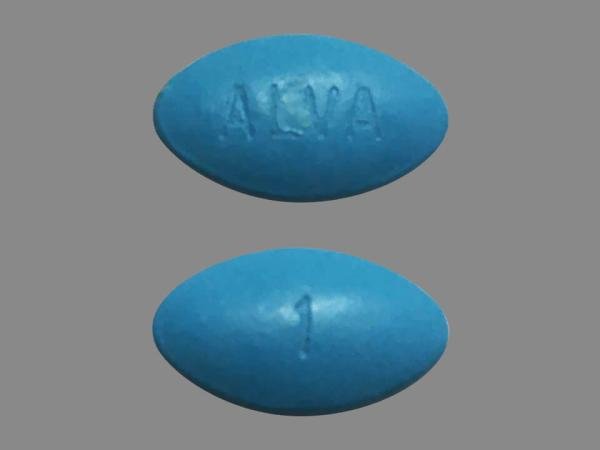Pamabrom Disease Interactions
There is 1 disease interaction with pamabrom.
Moderate
Pamabrom (applies to pamabrom) hypokalemia
Moderate Potential Hazard, Moderate plausibility.
The use of pamabrom (a theobromine derivative) has been associated with the renal elimination of potassium due to its diuretic effects. Therapy with pamabrom should be administered cautiously in patients with hypokalemia.
Switch to professional interaction data
Pamabrom drug interactions
There are 20 drug interactions with pamabrom.
More about pamabrom
- pamabrom consumer information
- Check interactions
- Compare alternatives
- Reviews (18)
- Side effects
- Drug class: miscellaneous diuretics
- En español
Related treatment guides
Drug Interaction Classification
| Highly clinically significant. Avoid combinations; the risk of the interaction outweighs the benefit. | |
| Moderately clinically significant. Usually avoid combinations; use it only under special circumstances. | |
| Minimally clinically significant. Minimize risk; assess risk and consider an alternative drug, take steps to circumvent the interaction risk and/or institute a monitoring plan. | |
| No interaction information available. |
See also:
Further information
Always consult your healthcare provider to ensure the information displayed on this page applies to your personal circumstances.


